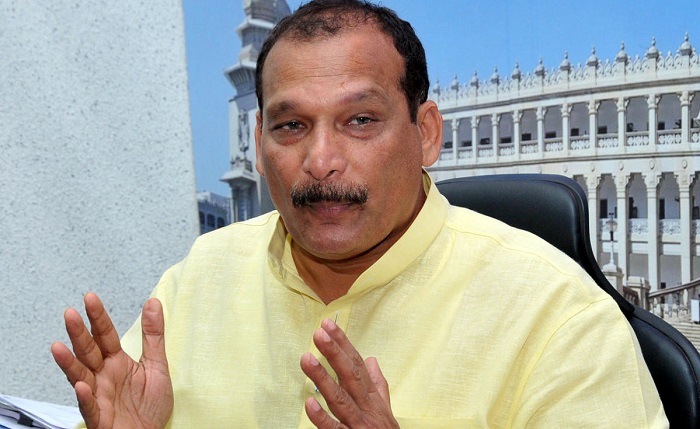Hassan, May 2: Dejected over government’s apathy to grant a land to bury their dead, as many as 85 Muslim families residing in Ramanathapura village of Arkalgud taluk in Hassan district have resolved to boycott the Assembly elections.
 The families, with around 350 voters, have been fighting for a burial ground for 10 years. Whenever one of their kin dies, they have to bury the body in neighbouring villages.
The families, with around 350 voters, have been fighting for a burial ground for 10 years. Whenever one of their kin dies, they have to bury the body in neighbouring villages.
The Ramanthapura Jameya Masjid Committee, which met on April 6, took a unanimous decision to boycott the elections. The meeting also took serious exception to Minister for Sericulture and Animal Husbandry A. Manju, MLA for Arkalgud, who had made a promise to grant land for burial ground but failed to keep it.
With no land to bury the dead as per the customs of the religion, the senior members of the community wish to stay put with their children settled in other places, where burial grounds are available.
Munawar, president of the committee, said that in the past 10 years 15 people from the community have died. “Whenever a person died, we prayed that the residents of neighbouring villages would allow us to bury them. How long should we continue to be at the mercy of other villagers?” he asked.
There have been times when neighbouring villagers have refused to allow them to use their burial grounds. The 80-year-old Saidubi died in 2011 and her family had to request residents of the neighbouring village of Konanuru to bury her. But the villagers refused. Her relatives subsequently staged a protest with the dead body in front of the office of the Revenue Department. The taluk administration intervened and pacified the protesters by assuring them of suitable land and allowed the final rites to be held.






Comments
Yes, i fully agree with Mr. on his advice to Muslims not to boycot the election. BJP wants either wasting of Muslim votes by casting to unwanted parties or not to vote. Your boycotting electin may help communal party. Hence please cast your vote to Congress and i hope Congress will do something this time. Congress should consider request of these villages and allot a land to bury their deads. Rejecting demands of people may be costlier to congress. Just promise will not solve the issue. We need firm action. Its Govt job to fulfil demands of public and help them. YOu are being elected by the people and you should serve them. hope the villages will think wisely and will not help communal party to be benefitted.
Dear Muslim brothers
If you Boycott the election BJP will win. If BJP wins, your land and your life will be in danger.
So be smart and vote for Congress.
Add new comment